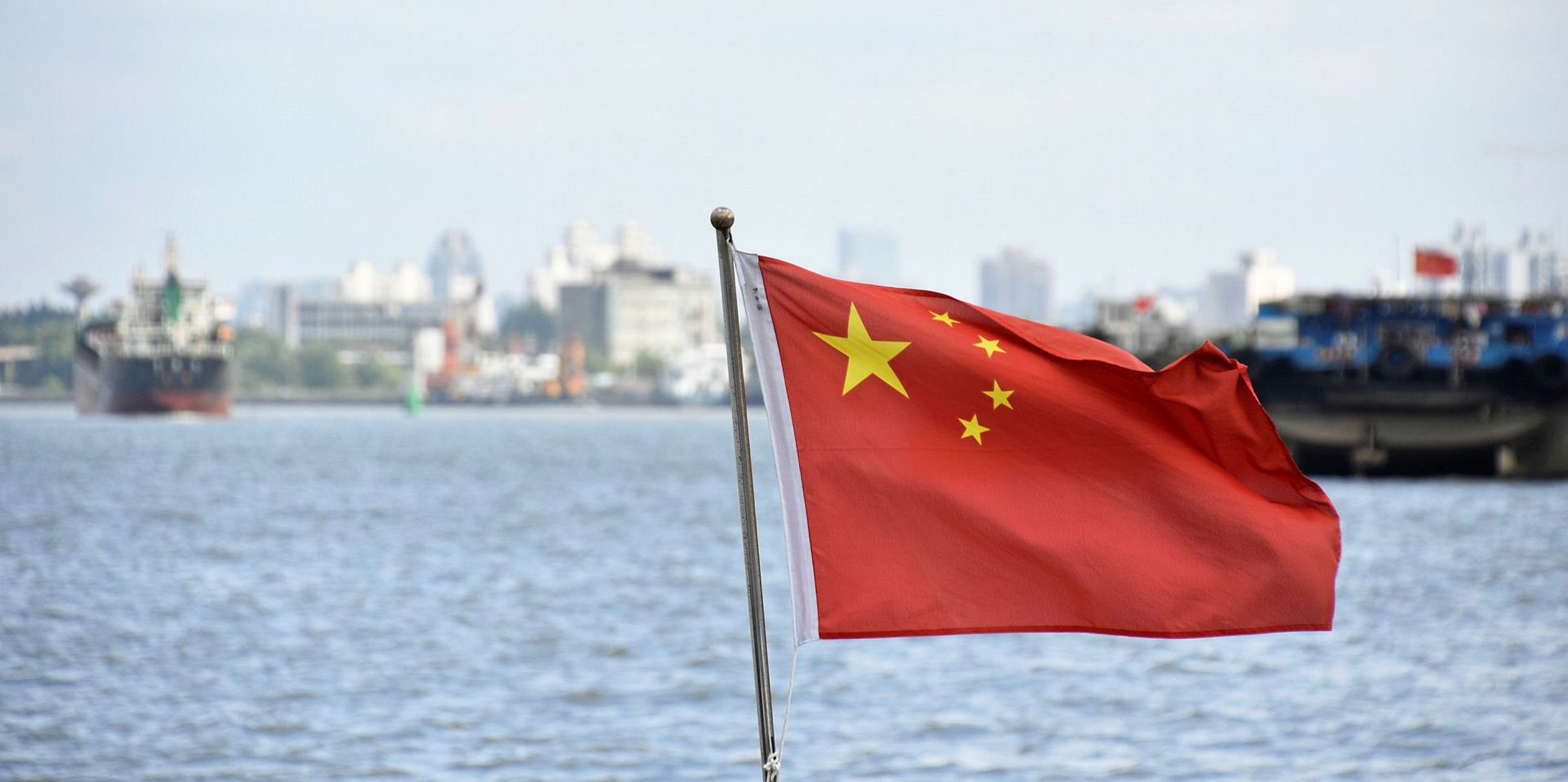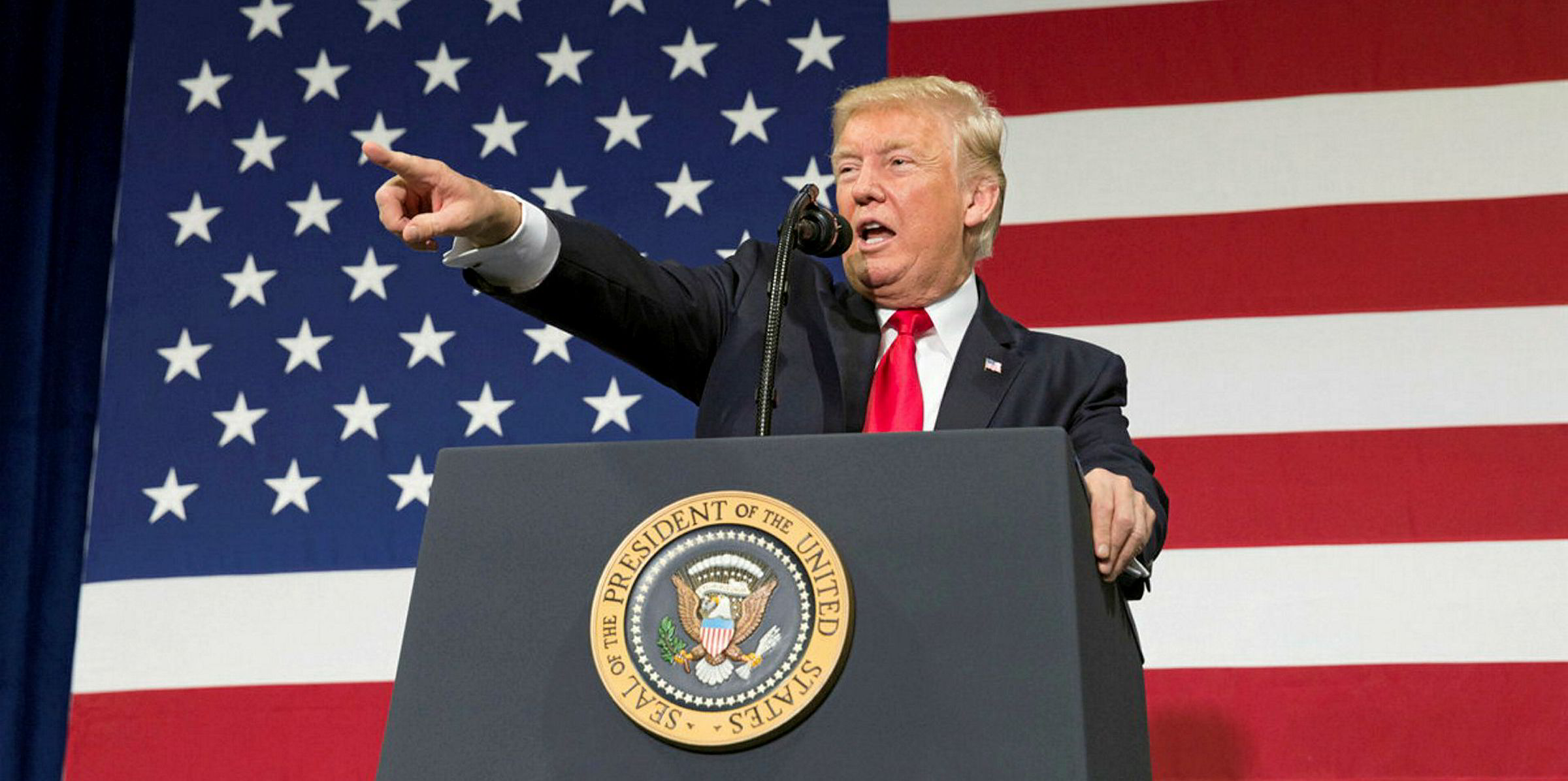China’s decision to offer tariff exemptions on US imports of energy and agricultural products is welcomed by shipping players, even though its short-term impact is muted due to the Covid-19 coronavirus outbreak.
Earlier this week, China’s Ministry of Finance announced Chinese companies can apply for the exemptions when importing US crude, LNG, LPG, soybean, coal and some 690 products from 2 March.
The exemptions, part of a China-US trade deal reached in January, would last for one year and be calculated based on market value rather than volume.
China has committed to buying $18.5bn worth of energy products and $36.3bn of agricultural products from the US this year.
The development is generally considered to be positive for longhaul shipping demand, but weak domestic demand in virus-hit China suggests its market impact will not be pronounced for some weeks at least, according to some analysts.
“The fact that China will unilaterally remove tariffs previously imposed on US is expected to be rather welcomed,” IHS Markit’s liquid bulk principle analyst Fotios Katsoulas told TradeWinds.
“There’s a lot of interest among Chinese buyers to take advantage of the waiver, even though timing is not good, as the spreading Covid-19 has driven a sharp drop in oil product demand.”
“LPG and LNG are expected to be benefited, with a lesser impact on flows of crude oil.”
The US had been one of the largest suppliers of crude, LNG, LPG and soybean to China before a trade war between the world’s two largest economies broker out in 2018.
Customs data cited by Platts showed China’s LPG imports from the US fell to 2,443 tonnes last year from 3.54m tonnes in 2017 and LNG imported decreased to 259,000 tonnes from 1.53m tonnes.
Soybean imports dropped to 17m tonnes in 2019 from 32.9m tonnes.
Except for the fourth quarter of 2018 and the first quarter of 2019, China’s imports of US crude had largely continued during the trade war, however.
“While the coronavirus outbreak has seriously affected China’s demand for oil and LNG, the removal of tariffs…could have a positive impact on LNG shipping and tankers if average trading distances increase on the back of larger quantities being shipped long-haul from the US to China,” Arctic Securities said.
Some other pointed out the impact of tariffs on tonne-mile demand were not obvious, with Chinese importing firms swapping their energy cargoes with other East Asian peers and lifting more soybean from Brazil.
“Tonne mile is not expected to be highly affected for now, since more US cargoes will simply reach China instead of South Korea,” said Katsoulas, referring to the crude trade.






